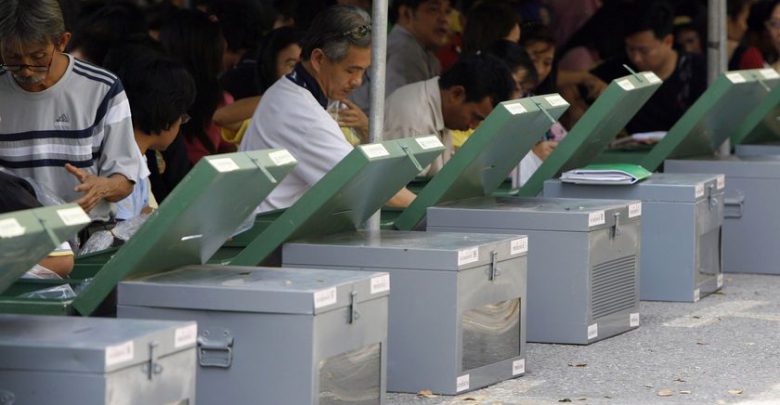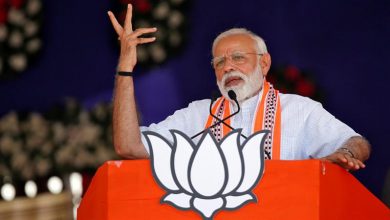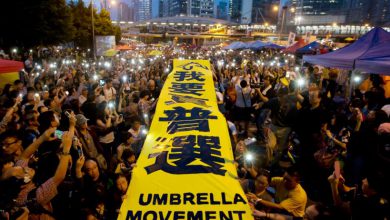AllAsia and OceaniaOngoing
Thai Election Results Uncertain
Opposition parties in the recent Thai Elections are both declaring victory after silence from electoral commission

On Sunday, March 24, the Thai people went to cast their ballots in the first election since the military coup in 2014. The results of the election remain contested, amid accusations of alleged voting irregularities.
Early results show that the Palang Pracha Rath Party (PPRP) leading the popular vote but the Pheu Thai Party has a larger share of constituency seats. Amidst the confusion, both parties are claiming a right to form a government.
The Thai election commission is saying that they will release the full results on Friday. The reason for the delay remains unclear, which is causing concerns for election watchdogs and bolstering fears of election meddling.
Who is Running
Thailand’s political landscape is strongly divided between pro-military and pro-populist parties. The two strongest contenders are the PPRP and the Pheu Thai Party.
The PPRP is a pro-military and conservative political party led by junta cabinet members and has support from the Thai elite. Prayut Chan-o-cha, the current Prime Minister and military junta leader, is expected to be the party’s choice for Prime Minister.
On the opposing end is Pheu Thai, the top choice for voters from the poor rural regions of the country. The Pheu Thai Party has links to former Prime Ministers Thaksin Shinawatra and Yingluck Shinawatra, both of whom were ousted in military coups. The party, under its various iterations, has won every general election since 2001. Sudarat Keyuraphan is the party’s de facto leader and candidate for Prime Minister.
Procedures for the Election in Thailand
Thailand’s democratic system is overseen by the military establishment. There are 750 seats in total, with the lower house consisting of 500 elected officials which combines single-seat constituencies with proportional representation.
The Senate is a key political tool to curb democratic forces and has historically been considered a military stronghold. The 250 Senate members are appointed by the military with six seats filled by the military and the police.
In 2017, the military introduced a sharply criticized constitution with a provision that enables the Senate to vote for a potential candidate. An opposition candidate would have to secure just over 75% of the lower house’s vote, under the assumption that the Senate members would not back his candidacy.
A fraught political history
For the last decade, the military and political establishment have attempted to diffuse the influence of former Prime Minister Thaksin Shinawatra who was ousted from power in 2006. Thaksin began his political career in late 1994, serving as foreign minister. In 1996 he founded the TRT and after his election in 2001, became the first in Thailand’s history to lead an elected government through a full term in office.
Thaskin is a controversial man, at once a celebrated and strongly condemned. He campaigned on universal healthcare and farmer subsidies. But his rule was fraught with allegations of corruption and mismanagement. He ultimately fled the country and now lives in exile.
Following his coup, former members of the TRT formed the People’s Power Party. This party dissolved in 2008 after the party’s deputy chairman, was convicted of electoral fraud. The Pheu Thai was built from these bones, making it the third incarnation of TRT. Shinawatra’s sister, Yingluck Shinawatra, ran under the Pheu Thai party banner in 2011 and was elected Prime Minister, only to be ousted in 2014 in another military coup.
After almost two decades of tumultuous politics, the current electoral chaos is unsurprising. Pheu Thai has announced that it has formed a large coalition with smaller parties. However, the question remains if this will be enough to secure Keyuraphan’s place as the next Prime Minister.




